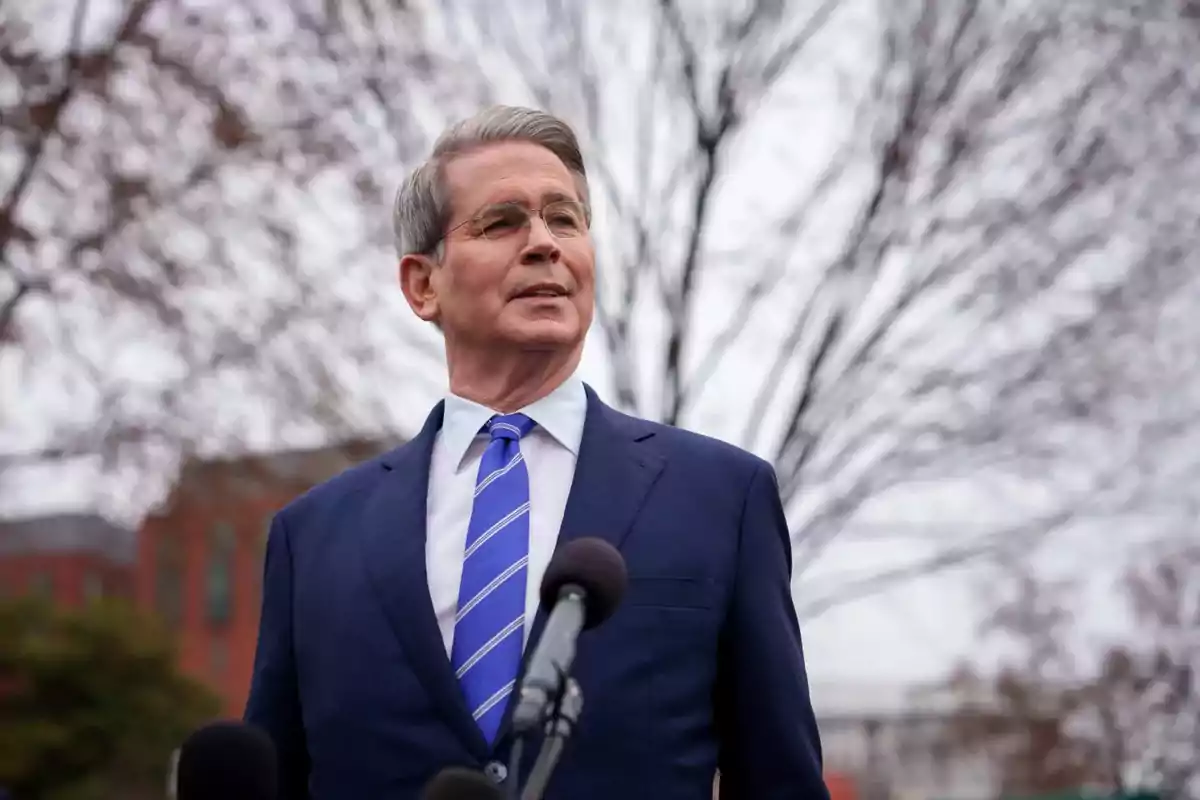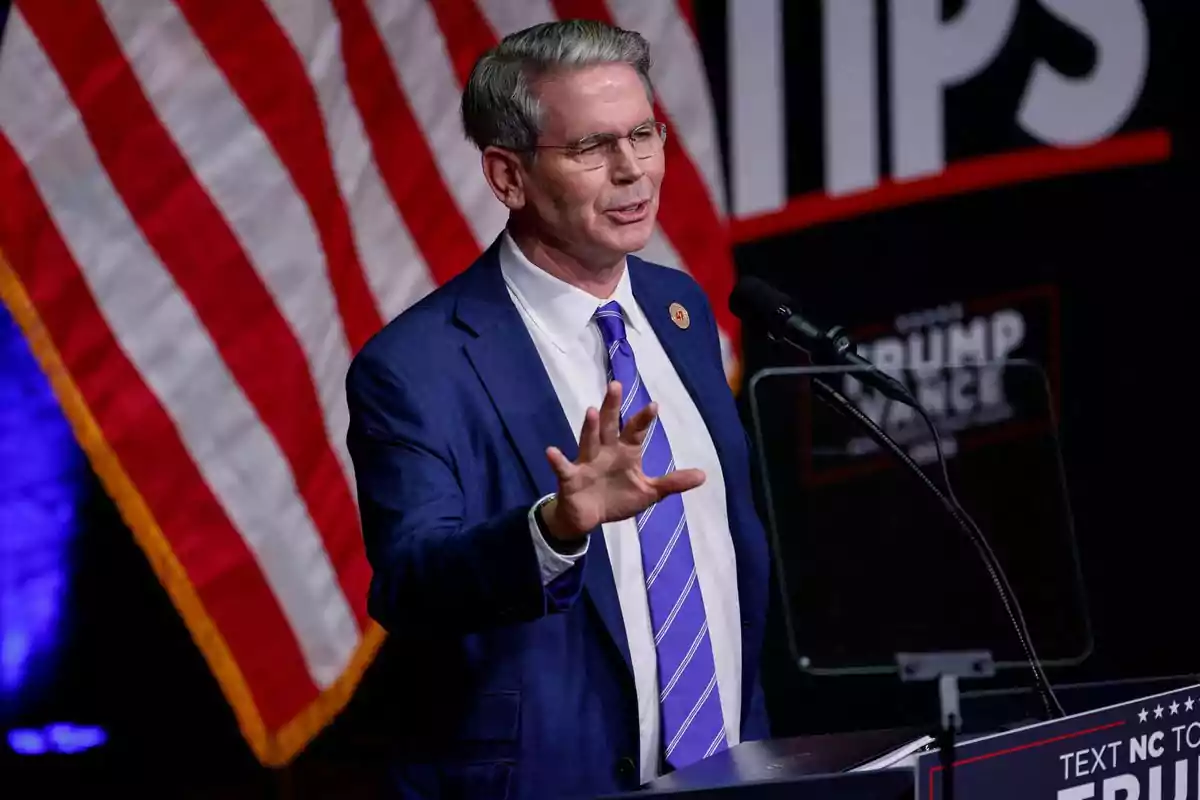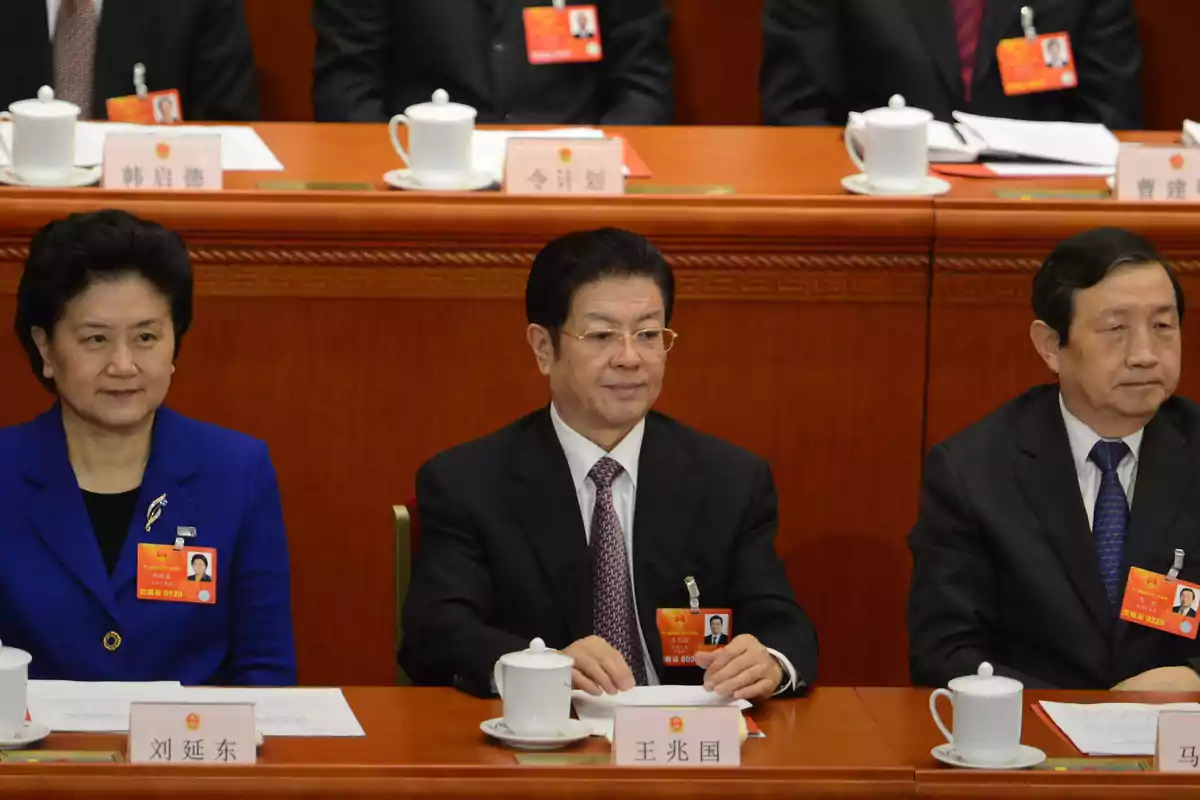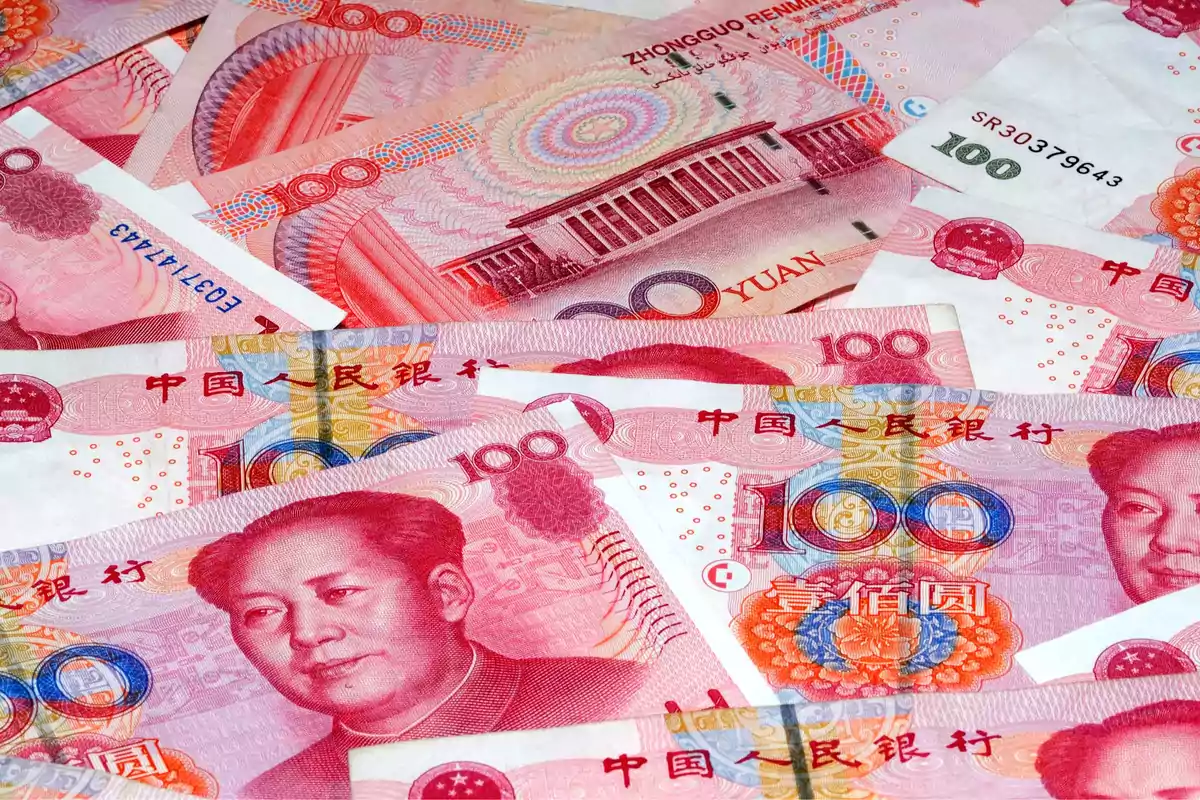
The United States might delist Chinese stocks from Wall Street
This measure was confirmed by the Secretary of the Treasury, Scott Bessent, amid the trade war between the United States and China
The United States Treasury Secretary, Scott Bessent, stated that trade negotiations are actively underway following the implementation of tariffs by the Trump administration.
According to Bessent, approximately 70 countries have contacted the White House since the announcement of "Liberation Day". This comes amid increasing volatility in financial markets and global tensions stemming from the reciprocal tariffs imposed between the United States and China, which has heightened uncertainty around global supply chains.
In a morning interview, Bessent replied to China's decision to impose an additional 50% tariff on United States imports, stating that, although China can increase its tariffs, this wouldn't have a significant impact. "China can increase the tariffs, but so what?" said Bessent, suggesting that the United States remains firm in its stance.

The secretary also highlighted that, although tensions continue to rise, the United States is open to dialogue, but emphasized that China must be the one to come to the negotiating table instead of continuing with retaliations.
Bessent made it clear that all policy options are on the table, including the possibility of excluding Chinese companies from U.S. stock exchanges. This has become a hot topic amid the growing trade war between both countries.
However, Bessent made it clear that the final decision on this matter rests with President Trump. This comment comes after the U.S. president increased the total tariff on Chinese imports to 104%, which led to a response from China, raising its tariffs to 84%.

The Treasury Secretary also addressed the volatility of financial markets, specifically the recent massive sell-off of U.S. government bonds that caused a 17 basis point increase in the 10-year bond yield, reaching 4.43%. In light of these events, Bessent correctly downplayed concerns, noting that he doesn't see anything "systemic" in the bond downside.
Regarding the yuan situation, Bessent warned that any attempt by China to devalue its currency would be an economic attack against other nations, especially in the context of the trade war.
The yuan hit an 18-year low against the dollar, which raised concern among global analysts and economists. "If China starts devaluing the yuan, that will be a tax for others," said Bessent, alluding to the potential impact on other economies.

Finally, Bessent reiterated one of the Trump administration's key demands: that China take stricter measures against the flow of fentanyl precursors into the United States.
Fentanyl, a synthetic opioid, has been a major issue in the United States, and Bessent urged Beijing to punish those responsible for exporting these precursors, in an effort to curb the drug crisis affecting the country.
More posts: